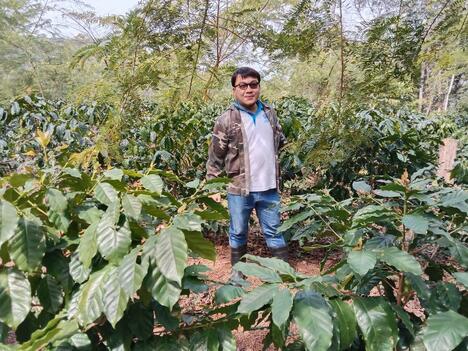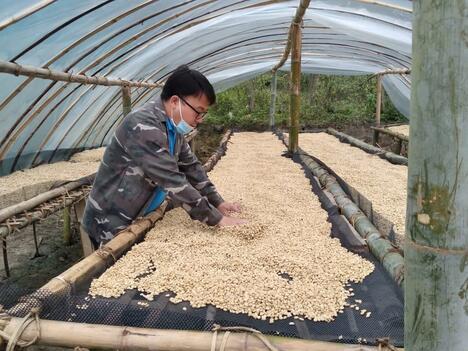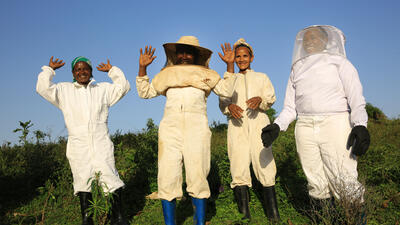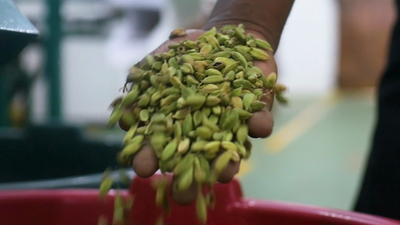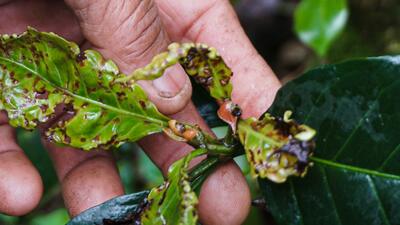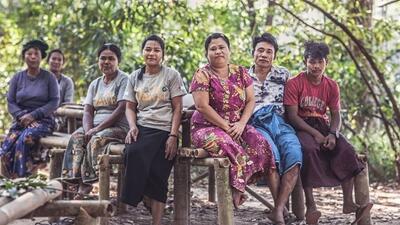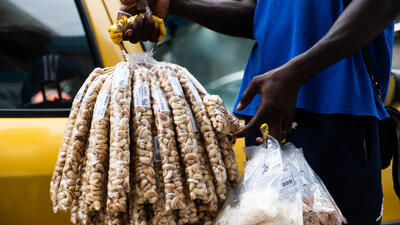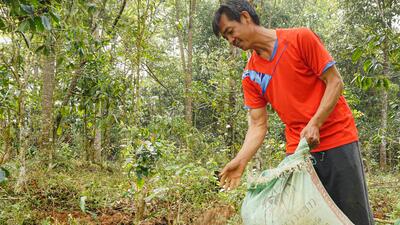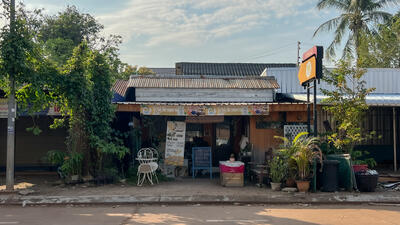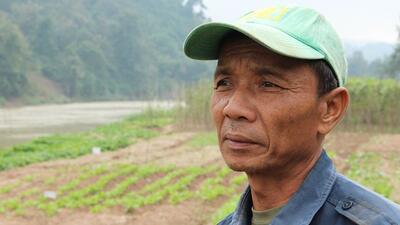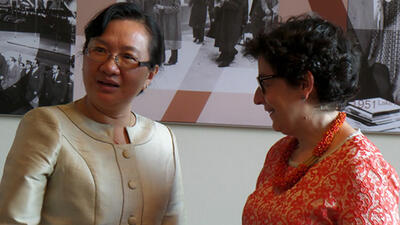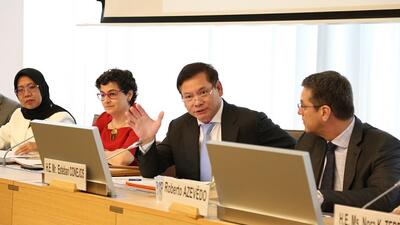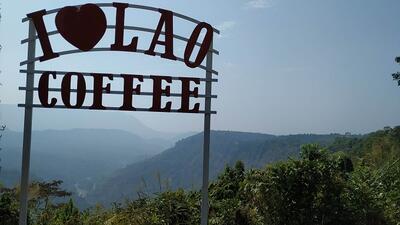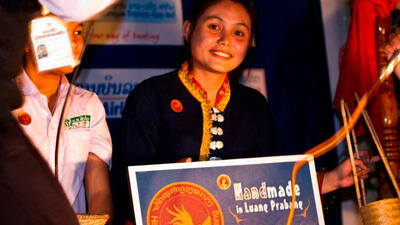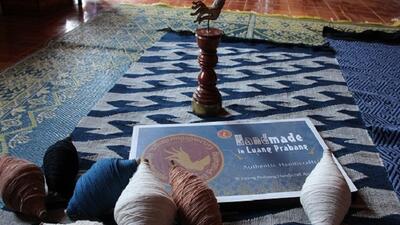
From opium to organic coffee: The new hope for Houaphanh farmers
To end poverty, the Vanmai community in Lao PDR transitions from opium cultivation to a sustainable income alternative: organic coffee.
The north-eastern province of Laos, Houaphanh, is located in one of the major opium producing regions in the world. For decades, the residents in the region’s remote villages have relied heavily on opium poppy cultivation. The cultivation of opium is driven by poverty, marginalization, and lack of alternative sources of income, and opium growing communities are looking for new and sustainable income opportunities. Spearheading this shift is the Vanmai community, who started a transition to coffee in 2016, supported by the United Nations Office on Drugs and Crime (UNODC).
Tee Yangbliakeng works with the community in Houaphanh Province. He is the manager of the Vanmai Coffee Cooperative, which UNODC supports. The cooperative helps the residents of Houaphanh Province end the circle of poverty and opium addiction, while improving the quality of their lives. So far, the project has empowered almost 400 local farmers to independently process and commercialize their coffee for premium international markets.
“Through the work of nearly 400 families from 12 villages, we exported over 19 tons of coffee to France in 2021,” says Tee Yangbliakeng.
According to the International Coffee Organization (ICO), coffee as a high-value crop has export potential at both regional and global levels. ICO estimates show that coffee demand will exceed production, with a rising demand for high-quality coffee.
Organic coffee is sold at a premium price, due to its distinct flavour and origin, socio-economic factors, as well as sustainable and environmentally friendly production. The market of organic coffee reached $6.8 billion in 2018 and is projected to reach $12.6 billion by 2026. Nonetheless, introducing and executing organic concepts to the farmers in Houaphanh Province has its challenges.
“I understand the basics of organic farming, for example not using chemicals. But it is harder to obtain a deeper and more technical knowledge, which involves a growing environment such as land, air and water as well as using only organic fertilizers like manure or compost,” says the Cooperative manager.
In addition, local farmers in the cooperatives face inevitable natural challenges, such as coffee pests, and climate change, which affects the coffee cultivation and thus, exporting capacity.
In 2021 and 2022, Yangbliakeng participated in trainings offered by the International Trade Centre under the ASEAN Regional Integration Support from the EU – Lao PDR (ARISE Plus) project as part of the country’s Coffee Export Roadmap. The trainings provided valuable lessons related to organic production, processing, marketing and organic certification.
“Besides learning from experts about relevant theories, the course provided me with opportunities to learn and exchange knowledge with experienced farmers and coffee producers from different parts of the country, such as the Bolaven Plateau,” says Yangbliakeng.
The cooperative recently received a licence to trade in Fair Trade products. Yangbliakeng’s hope for his local community is to put an end to growing opium and escape poverty. He believes that one day, more members of Vanmai Cooperatives Coffee will be able to apply for organic certifications and reach more premium markets, which will help increase their income sustainably.
About Arise Plus Lao PDR
The ASEAN Regional Integration Support – Lao PDR Trade-Related Assistance project (ARISE Plus Lao PDR) is funded by the European Union (EU). It aims to contribute to inclusive economic growth, increased climate change resilience, mitigation of vulnerability and job creation in Lao PDR.




